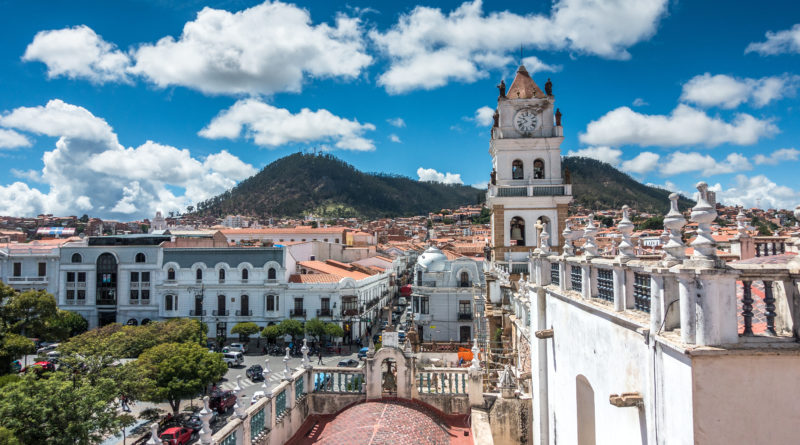What’s Happening in Bolivia? It Depends on Whom You Ask.
6,991 total views, 1 views today
On November 10, Bolivian president Evo Morales resigned following a major controversy surrounding the country’s elections. Morales stepped down following accusations that he tampered with voting results to ensure himself another term in office.
Or was Morales removed against his will in a coup? It depends on whom you ask.
The narrative seen in many American media outlets
Many leading American media outlets reported that Evo Morales resigned peacefully after the Organization of American States (AOS) claimed that Morales and his Movement for Socialism (MAS) party rigged the results of Bolivia’s October 20 elections. According to this version of events, confusion about how Morales ultimately avoided the runoff election he potentially faced led to political unrest in Bolivia, with protestors taking to the streets in droves.
It wasn’t just citizens, though, who spoke out against Morales. The Bolivian military also called for his resignation, as did prominent opposition party voices. These circumstances resemble those of the Venezuelan crisis earlier this year, which some suggested was a coup. Experts in South American political and governmental history have thus questioned whether the narrative the U.S. media has advanced is accurate. They’re not the only ones sounding the alarm.
The narrative that socialists (and others) have advanced
Evo Morales is historic among Bolivian presidents. He was the nation’s first indigenous president, and many people familiar with his policies have praised the socialist awakening he instilled in the country. In the wake of Morales’ removal from office, socialists and leftists who have noted his indigenous background and his strides for Bolivia’s economy have decried his resignation as not a willing exit, but an anti-socialist, anti-indigenous coup.
Progressive news sources have reported additional information not included in news from leading American publications. These outlets allege that the protestors flooding Bolivia’s streets are right-wingers who have attacked not just MAS supporters, but politicians. Additionally, these publications allege that the United States has actively worked to depose Morales since he first took office in 2001.
Perhaps most potentially revealing, though, are tweets from two experts from the Center for Economic and Policy Research (CEPR), a prominent economic policy think tank. CEPR co-director Mark Weisbrot, via Twitter, alleged that the OAS’ jumped the gun in claiming that Morales rigged the October 20 election. Weisbrot provided graphs from a recent OAS audit as evidence for his tweets, which would validate progressive media claims that the United States immediately parroted OAS talking points and lit the fire for a coup.
CEPR employee Kevin Cashman broke down the perceived situation in even more detail via a lengthy Twitter thread of his own. Cashman begins by accusing the OAS, the Trump administration, and the U.S. media at large of fostering the circumstances necessary to incite a coup. Cashman notes that Morales has long enjoyed popularity among Bolivian voters and explained why both domestic and international misunderstandings about the complex nature of Bolivia’s voting system may have directly paved the path toward a coup.
Which narrative is correct?
With the majority of American media outlets reporting one narrative and progressive experts telling another story, it remains unclear which series of events is true. As more information emerges, it falls to individual global citizens to consider all the evidence and come to their own informed conclusions. Be aware of your sources as you string together an opinion of your own.

